How long will it take to sell land in Arizona in 2026? Heads up: it can take a while.
Return to BlogGet cash offer for your land today!
Ready for your next adventure? Fill in the contact form and get your cash offer.
.jpeg)
By
Bart Waldon
Arizona is home to over 72 million acres of land area. Of that vast landscape, the state sees frequent buying and selling of vacant residential, commercial and agricultural parcels to owners looking to develop or invest. However, actually closing a land deal can be a lengthy endeavor depending on market conditions and sales strategies used.
Selling undeveloped land or raw acreage requires patience, pricing awareness and persistence to find an interested buyer who will meet asking price expectations. Industry data shows the typical timeframe to sell land in Arizona ranges from 6 months up to 1-2 years before securing a closed transaction.
In this comprehensive guide, we’ll break down the average land sale timelines across Arizona, explore why transactions often drag out, and provide tips for expedited sales. Whether you are selling raw acreage near Phoenix, a ranch property in northern Arizona or a stretch of desert in the south, understanding land selling process and what dictates time-to-close will help set proper expectations.
Statewide Land Sale Timelines
Across Arizona, the typical timeline to fully sell a parcel of vacant land ranges from 6 to 12 months. However, it's not uncommon at all for rural listings to take 1-2 years before successfully attracting a buyer. According to 2022 data from the Arizona Association of Realtors, the median days on market for vacant land was 200 days, or about 6.5 months. But that median includes quick-selling listings in pockets of high demand as well as remote parcels that sit far longer.
In areas of Arizona seeing surging growth like Phoenix, Scottsdale and northern Pima County, well-priced properties can sell in under 3 months in bidding wars. But in slower rural markets with few recent comparable sales, 12-18 months is often more realistic.
Generally, land will sell fastest in areas with:
- Recent booms in construction and housing demand
- New residential or commercial development underway
- Access to utilities and municipal services in place
- Proximity to major highways, transit hubs and metro regions
Conversely, factors that tend to extend the timeline to sell land in Arizona include:
- Remote, undeveloped locations far from cities
- Lack of utility infrastructure, especially water access
- Uncertain zoning, development potential or use restrictions
- Steep slopes, dense forests or rocky areas prohibiting building
- Lack of recent sales data to properly value parcels
- Ownership complexities like multiple heirs/owners or estate sales
While average timelines provide a general benchmark for planning, the most important factor in actual sale length is the listing price relative to fair market value. Aggressively pricing land well below recent comparable sales is key to attracting enthusiastic buyers quickly in Arizona.
Why Selling Land Takes so Long in Arizona
A variety of factors converge to hamper and delay the land sales process in Arizona, including:
Permitting and Zoning Requirements
The process to rezone property or obtain permits for development of raw land can take 6 months or more in Arizona counties. Even changing the zoning of a 5-acre parcel from agricultural use to residential can involve public hearings and environmental impact studies that hold up sales.
Limited Private Land Inventory
With over 40% of Arizona’s total land area owned by the federal Bureau of Land Management (BLM), private vacant parcels are in short supply relative to demand from builders, developers and individual buyers. This lack of inventory slows down deal velocity.
Water Rights Issues
The process to research, verify, quantify and legally transfer water rights for a property is complex, arduous and time consuming. Water rights uncertainty will give buyers pause.
Title Problems
Title issues like boundary disputes, undisclosed easements, mechanic's liens property taxes and legal access challenges are common with vacant land. Clearing up defects and confirming clean title takes weeks or months.
Complex Financing
Land sales involving owner financing, contingent offers, delayed closing terms and specialty lender financing can complicate and extend transaction timelines in comparison to conventional mortgages.
BLM Coordination
If any portion of the sale involves transfer of public lands, the BLM application and approval steps can add 90+ days to the selling process or more. This is common for large lot sales.
Appraisal Delays
With vacant land, comparable sales data to establish value may be sparse. Waiting on appraisals from cautious lenders can add weeks in rural markets with few recent real estate transactions.
Mineral Rights Issues
Separating subsurface mineral rights from surface land rights requires extra coordination. Active mining claims nearby can also make financing difficult and deter potential buyers.
While seller motivation is the most important element for expediting land deals, market conditions also play a role. When demand heats up, buyers will be motivated to move quickly to secure land before missing out.
But in buyer’s markets or periods of economic uncertainty, purchasers may drag their feet on closing even after a deal is made. An experienced real estate agent also can help sellers navigate changing motivations.
Factors That Further Delay Closings in Arizona
Even once a seller finds a willing buyer and accepts an offer on their land, a host of issues can pop up during the escrow period that jeopardize or extend the closing date, such as:
- Delayed financing – The buyer’s lender needs ample time to underwrite and fund loans on raw land. If their financing falls through, the sale can fall apart.
- Title problems – Previously unnoticed encumbrances, easements or boundary issues crop up during title review. These take time to resolve.
- Lien issues – A missed lien or property tax balance can delay transfer of clear title until paid off.
- Inspection findings – A buyer’s physical land inspection may reveal defects or contamination unknown to the seller that requires remediation.
- Zoning changes – A buyer may request and initiate a zoning variance if the current zoning prohibits their intended use.
- Changing market conditions – A decline in comps can make buyers reluctant to follow through at the previously agreed price.
- Disputes over terms – Sellers and buyers may disagree over details like mineral rights, water rights or escrow date.
- Unknown heirs – Previously unidentified heirs to the property may come forward with ownership claims during the sale process.
Drawing up a detailed purchase contract and involving the real estate agents and attorneys can mitigate some delays. But other obstacles arise unexpectedly and stall projected closing timelines.
Tips for Expediting Land Sales in Arizona
While regulatory hurdles, remote locations and market conditions inherently extend land deal timeframes in Arizona, the following tips can help expedite sales:
- Offer pricing below recent comparable sales - This incents buyers to move quickly before the deal is gone. Consider accepting under list price for a quick sale.
- Advertise online via land listing sites - Targeted digital marketing platforms expand visibility among serious land buyers.
- Provide owner financing offers - This opens the buyer pool to those who may not qualify for traditional financing.
- Cover survey and title insurance costs - Paying upfront shows the property is turnkey and ready to transact.
- Resolve title issues ahead of listing - Research and clear up any easement or boundary problems that could hinder later deals.
- Invest in visual marketing - High-quality photos, videos and 3D drone tours bring remote land to life for faraway buyers.
- Start approvals early - Don't wait for buyers. Initiate re-zoning, permits and development plans preemptively.
- Prepay taxes and liens - Deliver a paid-off property with no outstanding obligations or debts tied to it.
- Draft seller-friendly contracts - Include flexibility around closing dates, feasibility periods and extensions.
- Work with a land pro - Leverage agents who know vacant land specifically, not just residential/commercial realty.
Though no magic bullet exists to guarantee a speedy land sale in Arizona, employing an optimal pricing and marketing strategy for cash buyers while also being prepared for snags can help your transaction complete faster.
Diving Into the Land Sale Timelines for Each Arizona County
Raw land time-to-sell varies significantly across Arizona’s 15 diverse counties. Here is an overview of the key factors influencing typical land sales timelines in each part of the state:
Apache County
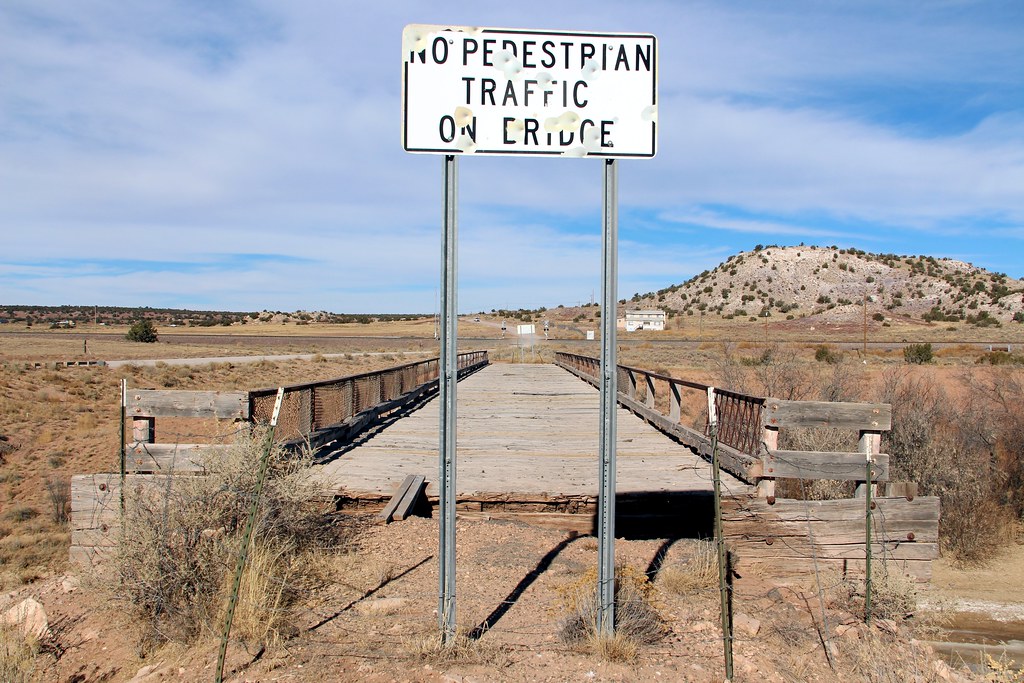
Predominantly rural and mountainous, listings in Apache County along Arizona's eastern border tend to linger on the market between 12-18 months unless priced for quick sale. Sparse inventory, lack of development and access challenges hamper deals.
Cochise County

Located in the southeast corner of the state, Cochise County land averages around 8 months to sell. Lack of financing options, questions over legal access to remote tracts and low sales volume in the county hampers deals.
Coconino County
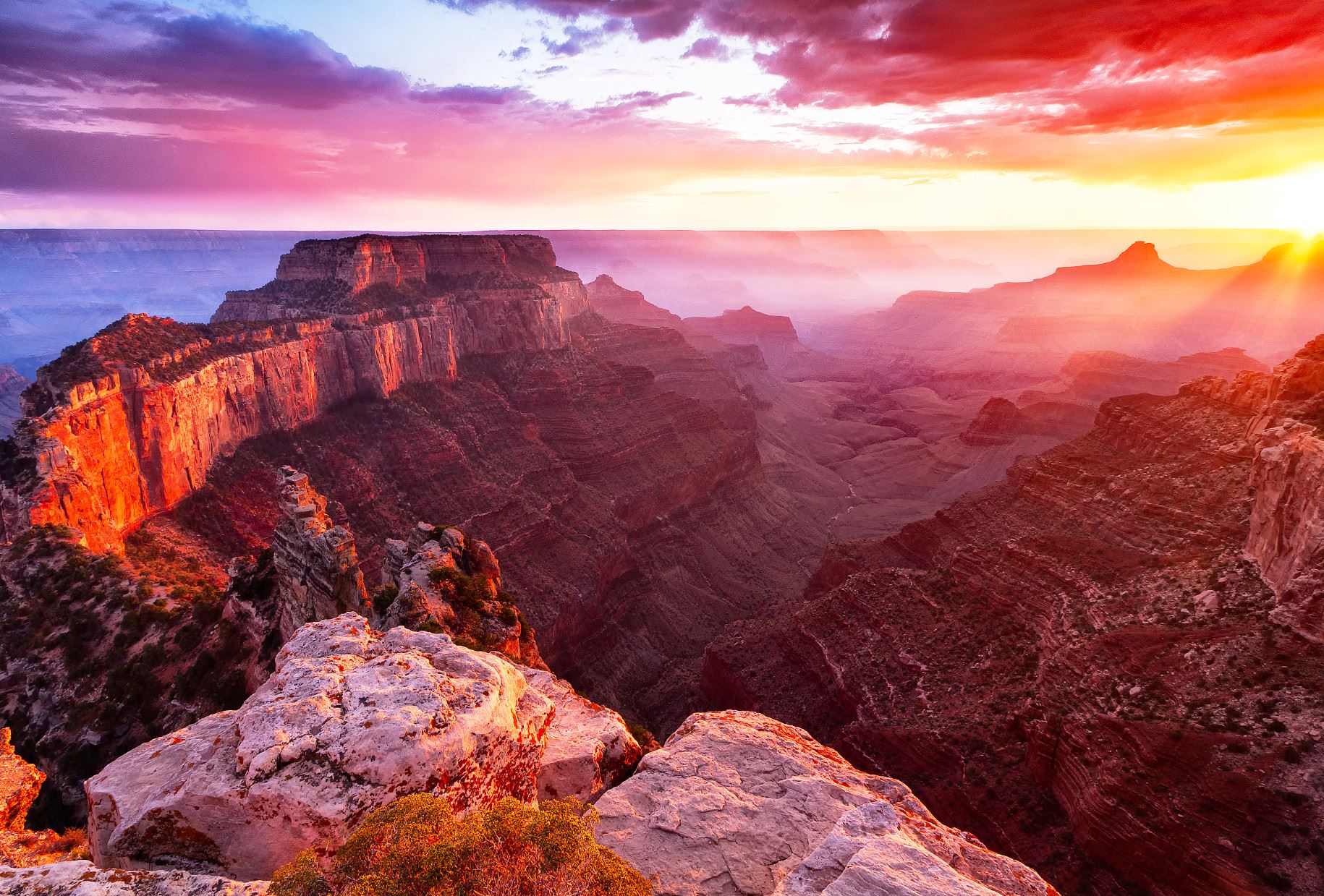
The geography of Coconino County ranges from mountains to canyons to forests. Lack of development potential in some areas pushes timelines over a year, while parcels near Flagstaff sell in around 5-7 months when priced right.
Gila County

Rugged Gila County contains portions of Tonto National Forest. Uncertainty around development hurdles for remote, densely wooded parcels keeps average time-to-close around 10-14 months.
Graham County
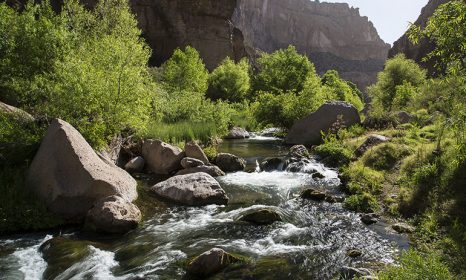
Sitting along Arizona's eastern border with New Mexico, Graham County features affordable ranch and farmland but few economic hubs or public services - keeping sales timelines around 9-12 months on average.
Greenlee County
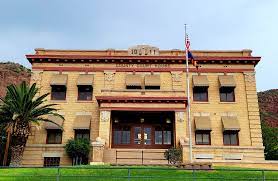
Once a major copper mining center, environmental impact concerns and limited economic activity now hamper Greenlee County land deals, averaging 10-13 months to sell most parcels.
La Paz County
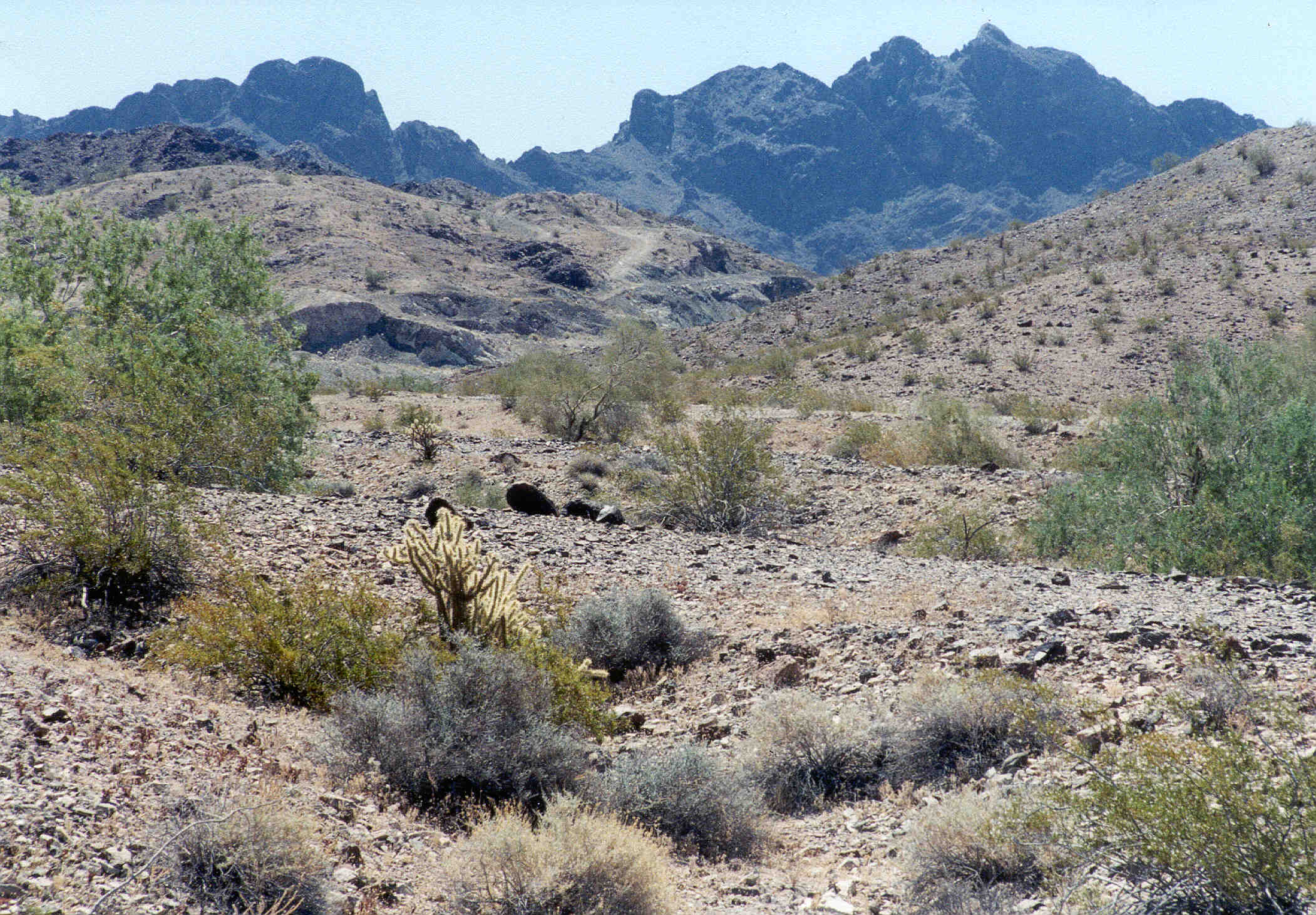
Home to swaths of pristine Sonoran desert and the Colorado riverfront, La Paz County averages 8-10 months to sell land. BLM restrictions and scarce private parcel availability limit sales.
Maricopa County

The booming Phoenix metro area drives Maricopa County land sales. High demand zones like Scottsdale see properties sell for top dollar in under 3 months when priced aggressively. Overall average is 6-9 months.
Mohave County
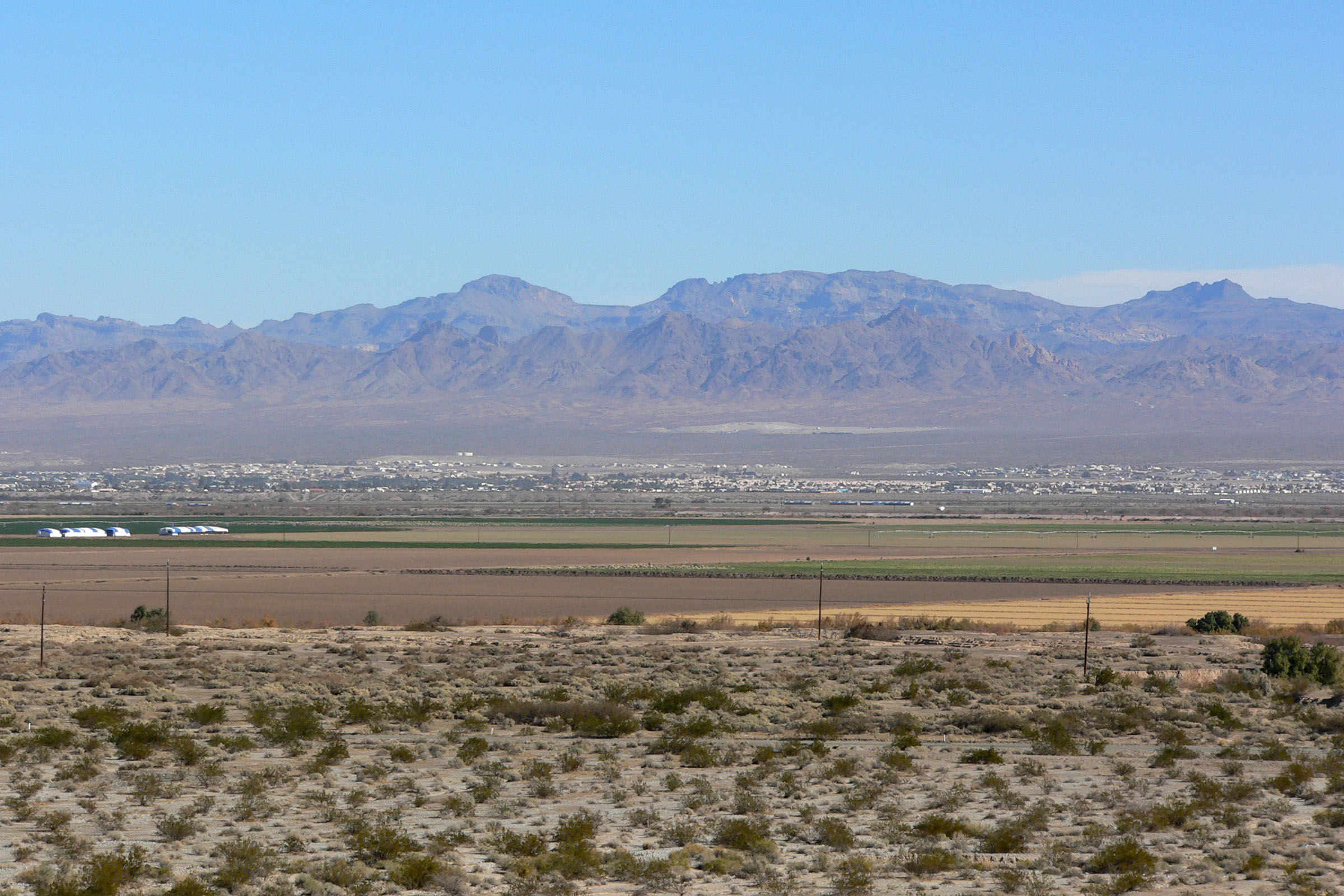
Retiree demand fuels Mohave County land sales around popular areas like Bullhead City, while remote desert tracts take longer to sell. Typical land deal timeline averages 8-12 months.
Navajo County

Heavily forested Navajo County relies on tourism around its lakes and sits near ski destination Snowbowl. Sales near recreational areas close faster while woodland and ranch lots require extended marketing periods. Overall average timeline is around 10-11 months.
Pima County

Home to Tucson, Pima County sees high demand but low vacant land inventory. Parcels near metro centers sell fastest while rural mountain and desert listings take longer. Typical average is 6-10 months.
Pinal County
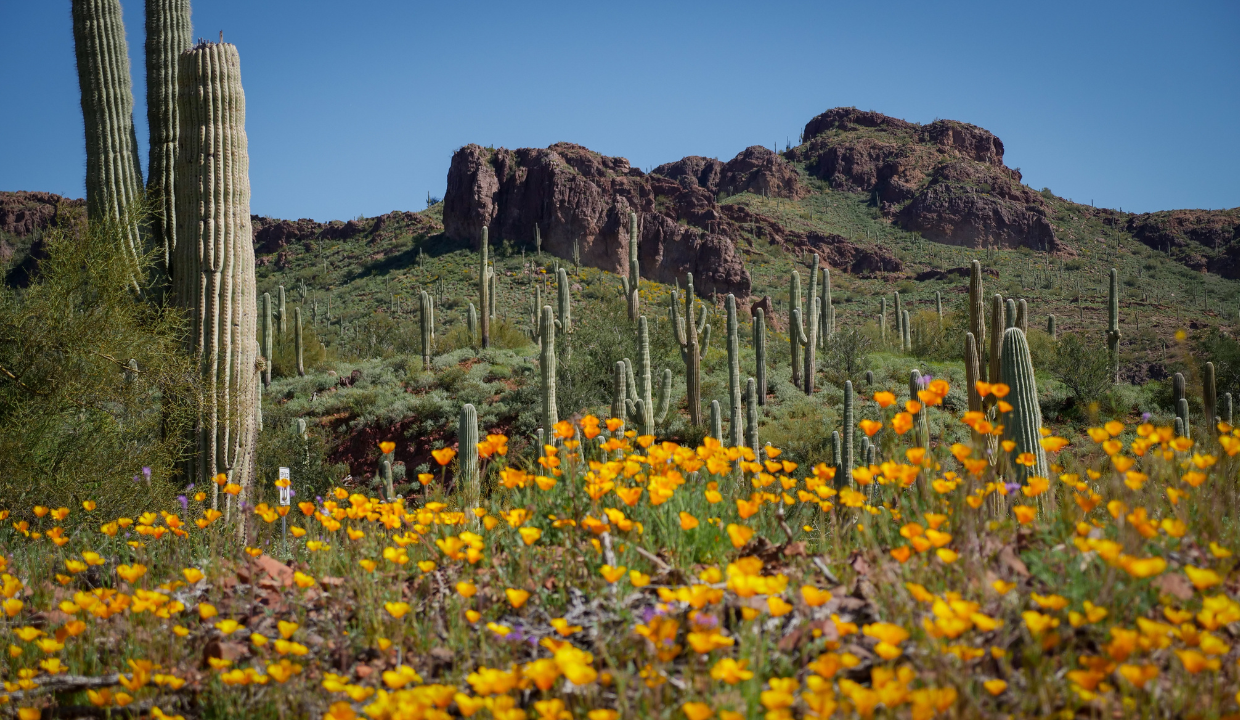
Growing areas like Maricopa see swift Pinal County land sales, while remote undeveloped tracts require extended timelines to locate buyers. Overall average is around 7-9 months.
Santa Cruz County

Unique areas like Tubac attract artist-oriented buyers to Santa Cruz County. But lack of inventory still causes most sales to average 10-12 months. Proximity to Tucson helps deals in northern parts of the county.
Yavapai County

Scenic Yavapai County features red rocks and mountain landscape around Sedona, Prescott and beyond. High demand areas sell fastest while remote wilderness parcels often sit for a year or more. Typical average is 8-10 months.
Yuma County

Steady agricultural and industrial demand fuels Yuma County land sales, though available inventory remains low. Typical average timeline to sell is around 6-8 months.
How to Estimate the Time To Sell Your Arizona Land
When gauging the potential timeline to sell your specific property, start by researching recent sales of comparable parcels in your county and area. If few vacant lots have sold within 10-15 miles in the past 6 months, extend your timeline projections, as appraisers and interested buyers will have little to reference for pricing guidance and financing options.
Next assess your lot's uniqueness in terms of terrain, views, road access, zoning and improvements relative to other area listings. More challenging parcels tend to sit longer, while move-in-ready sites sell swiftly.
Also consider current real estate and economic market trends. In upticking markets with scarce inventory, your land will sell faster amid competition.
Being flexible on price and terms will also help attract buyers more quickly in any market conditions. But remain realistic - if your county averages 10 months to sell land, 6 months may be optimistic unless you can pay full price for quick sale.
Selling Land for Cash in Arizona
For Arizona land sellers focused on a fast cash liquidation or wanting to avoid the hassles of traditional financing, listings and open houses, selling directly to a cash land buyer like LandBoss is an excellent option.
The benefits of a cash sale include:
- No need to list publicly and market the property
- Buyer pays all closing fees so it’s free to sell
- No financing contingencies or lender delays
- All cash offer provides certainty of closing
- As-is condition with flexible terms
- No title insurance or deed requirements
- No need to fix or disclose defects
- Direct seller keeps sales commission
- Typical close in 10 days or less
LandBoss makes fair, competitive all-cash offers on land anywhere in Arizona. Their local land experts provide initial quotes based on basic parcel details. Within days they can provide a purchase contract outlining an exact cash price and defined close of escrow date.
Their streamlined sale process pays cash at closing with no financing or appraisal stresses. And they buy as-is regardless of access, terrain, zoning or other challenges.
Cash land buyers like LandBoss present a simpler, faster, lower risk option for Arizona landowners seeking liquidity. There's no need to deal with the drawn out traditional land sale process and uncertain closing timelines.
Request a no obligation offer from LandBoss to see if selling your Arizona land for cash makes sense instead of trying to just sell your land traditionally. With an all-cash buyer, you control the timeline.
Key Takeaways on Arizona Land Sale Timeframes
- Average land sales in Arizona take 6-12 months, sometimes longer for rural parcels
- Limited private inventory, regulations, appraisal issues and title problems hamper deals
- Land sells quickest in areas with high housing demand and infrastructure in place
- Sales price relative to fair market value dictates timeline more than other factors
- Taking steps to prepare land for turnkey development can expedite sales
- Partnering with land pros ensures you avoid common delays and pitfalls
- For guaranteed fast sales, consider cash buyer options like LandBoss
Selling vacant land in Arizona takes patience and diligent preparation to streamline the closing process. But with proper pricing and expectations around timelines, landowners can successfully sell their slice of Arizona.
Sources:
Overview of Arizona land sales:
- https://www.azlandandhomes.com/news/how-long-does-it-take-to-sell-a-house-condo-or-land-in-arizona/
- https://www.nvar.com/realtors/news/interested-in-buying-land-heres-how-long-it-takes-to-sell-land-in-arizona
- https://realestate.usnews.com/places/arizona/Phoenix
Zoning, permitting, entitlement challenges:
- https://azplanning.org/planning-process
- https://www.azlandandhomes.com/news/arizona-land-use-zoning-entitlements-and-due-diligence/
Water rights in Arizona:
- https://new.azwater.gov/water-management
- https://wrrc.arizona.edu/AZWaterAnswers/dir-AZWaterAnswers.asp
Appraisal challenges with vacant land:
- https://greenfieldadvisors.com/appraising-vacant-land-challenges-and-proven-techniques/
- https://www.mckissock.com/blog/appraisal/appraising-vacant-land
BLM land sales coordination:
- https://www.blm.gov/programs/lands-and-realty/land-transfers
- https://azlandandhomes.com/blog/how-to-buy-blm-land-in-arizona/
Trends by Arizona county:
- https://www.azlandandhomes.com/news/arizona-land-statistics-by-county-as-of-q1-2022/
- https://www.crexi.com/blog/arizona-commercial-real-estate-market-trends
